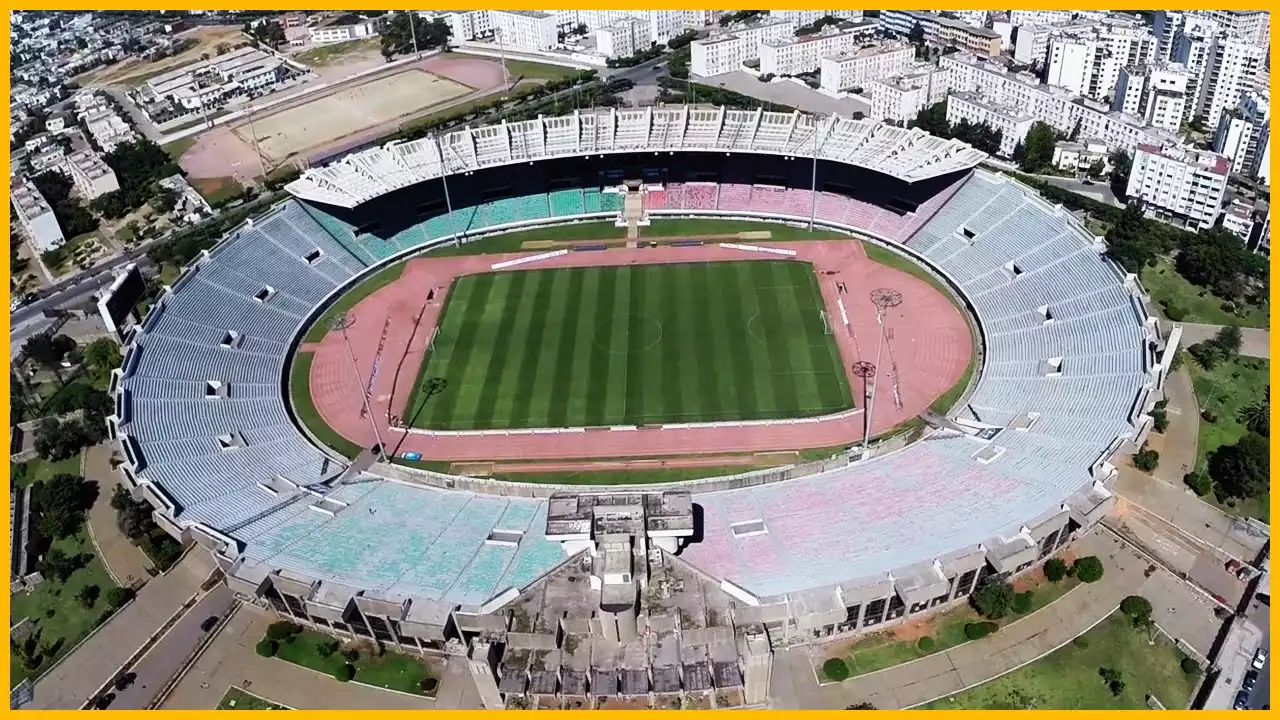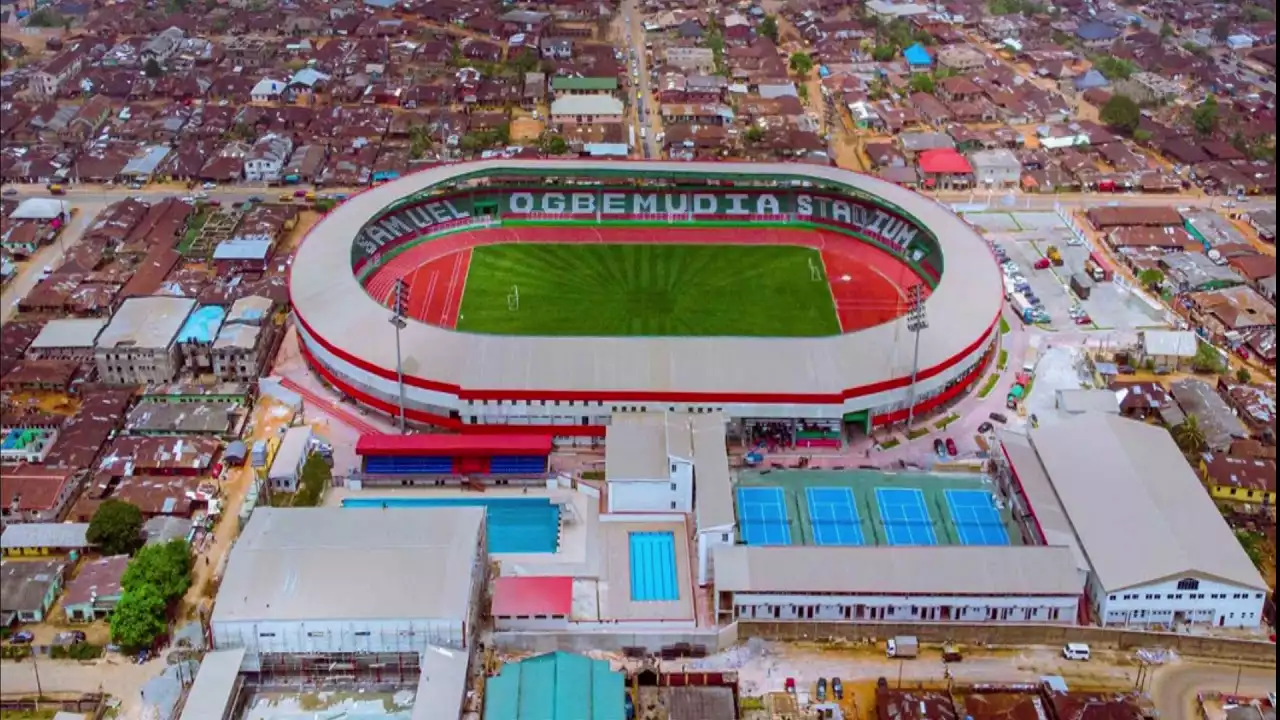Importance of stadiums in the AFCON tournament
Stadiums play a crucial role in the AFCON tournament, providing the stage for the continent's most elite football teams to showcase their skills and compete for the coveted trophy. These stadiums act as a focal point for fans, players, and nations alike, fostering a sense of unity and national pride. The tournament not only brings economic benefits to the host cities but also leaves a lasting legacy in terms of infrastructure development and international exposure. The AFCON stadiums are not just buildings; they are symbols of African unity, passion, and the beautiful game itself.
Recent AFCON tournament locations
Over the past few years, the AFCON tournament has been held in various cities across Africa, showcasing the continent's diversity and rich football heritage. From Egypt to South Africa, Ghana to Gabon, each host country has left its mark on the tournament, providing unique experiences for both players and fans. The recent tournament locations have allowed fans from different parts of Africa to come together and celebrate the game they love, creating an unparalleled atmosphere that reverberates throughout the stadiums.
Key features of stadiums used in recent AFCON tournaments
The stadiums used in recent AFCON tournaments are architectural wonders, designed to accommodate thousands of passionate football fans while providing a world-class experience. These stadiums boast state-of-the-art facilities, including modern seating arrangements, advanced technology for broadcasting and video replays, and superior playing surfaces. Additionally, the strategic location of these stadiums ensures easy access for fans and provides a vibrant backdrop for the tournament.
Stadium capacity and attendance records
The capacity of AFCON stadiums varies across different host cities, with some stadiums capable of holding over 80,000 spectators. The highest attendance record in recent AFCON tournaments was set at the Cairo International Stadium during the final match in 2019, where a staggering number of fans packed the stands to witness the crowning of the champions. These record-breaking attendances highlight the massive popularity and passion for football in Africa.
Stadium infrastructure and facilities
The infrastructure and facilities of AFCON stadiums have seen significant improvements over the years. Host countries have invested heavily in upgrading existing stadiums or building new ones to meet international standards. These improvements include the construction of modern dressing rooms, media facilities, medical centers, and training grounds. The aim is to create an optimal environment for players and ensure a seamless experience for everyone involved in the tournament.
Notable moments in AFCON tournament history at specific stadiums
AFCON stadiums have witnessed countless memorable moments that have become etched in the annals of African football history. From last-minute goals to penalty shootouts, these stadiums have been witness to high-stakes matches that have left fans on the edge of their seats. One such unforgettable moment occurred in the Stade de Franceville, Gabon, during the 2017 AFCON tournament when Cameroon staged a remarkable comeback to win the final against Egypt. These moments of triumph and heartbreak add to the legacy of these stadiums and the tournament itself.
Stadium sustainability and environmental initiatives
In recent years, there has been a growing focus on sustainability and environmental initiatives in stadium construction and operation. AFCON stadiums are no exception, with host countries implementing various measures to reduce their carbon footprint and promote eco-friendly practices. From solar panels to rainwater harvesting systems, these stadiums serve as models for sustainable infrastructure development, leaving a positive impact on the environment and inspiring future generations.
Future prospects for AFCON stadiums
As the AFCON tournament continues to grow in popularity, the future prospects for AFCON stadiums look promising. Host countries are keen to leave a lasting legacy by repurposing these structures to host other sporting and cultural events. This not only maximizes the utilization of the stadiums but also ensures their continued relevance and economic viability. The future of AFCON stadiums is bright, with endless possibilities for these architectural marvels to continue captivating audiences and serving as symbols of African excellence.
The stadiums used in recent AFCON tournaments are not just mere venues; they are the beating heart of African football. From their impressive capacities and state-of-the-art facilities to the memorable moments etched in their walls, these stadiums have played a pivotal role in the tournament's success. As the AFCON tournament continues to evolve, these stadiums will continue to be the stage for footballing greatness, uniting nations, and providing unforgettable experiences for fans from across the continent and beyond.









